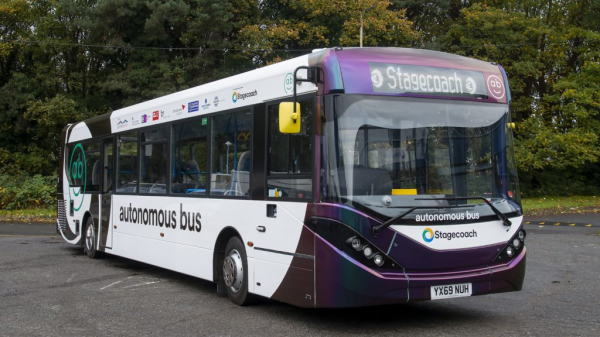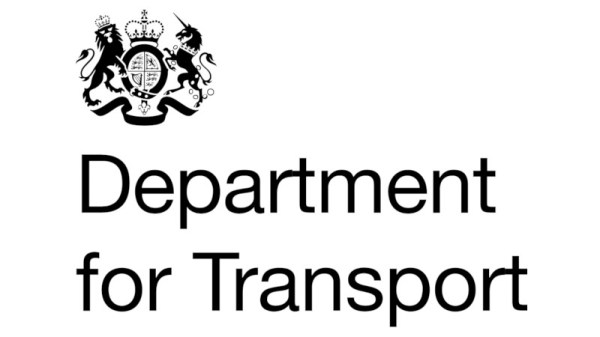As electric drives sweep their way to dominance in the automotive world, there’s another transport sector in which their is also continuing apace. Electric-assisted bicycles preserve the feeling of riding a bike as you always have, along with an electric motor to effortlessly power the rider over hill and dale. European electric two-wheelers are limited to a legal top speed of about 15 miles per hour and a 250 watt motor, but in a post-Brexit dash for independence the British government are asking whether that power should be increased to 500 watts.
The Westminster politicians think such a move will make electric bikes more attractive to consumers, and along with a move to motorcycle-style throttles rather than pedal-to-go throttles they want it to accelerate the take-up of greener transport in a country with plenty of hills. Meanwhile cycling groups and safety groups are concerned, the former whether the move is needed at all, and the latter over the fire risk from more powerful battery packs.
The Hackaday electric bike stable gives us a bit of experience on the matter, and our take is that with a 15 mile-per-hour limit there’s little point in upping the motor power. There’s a 350 watt European limit for three-wheelers though, which we could see would really benefit from a raise if applied to cargo bikes. We can however see that a readily-available supply of cheap 500 W motors would be worth having.


















